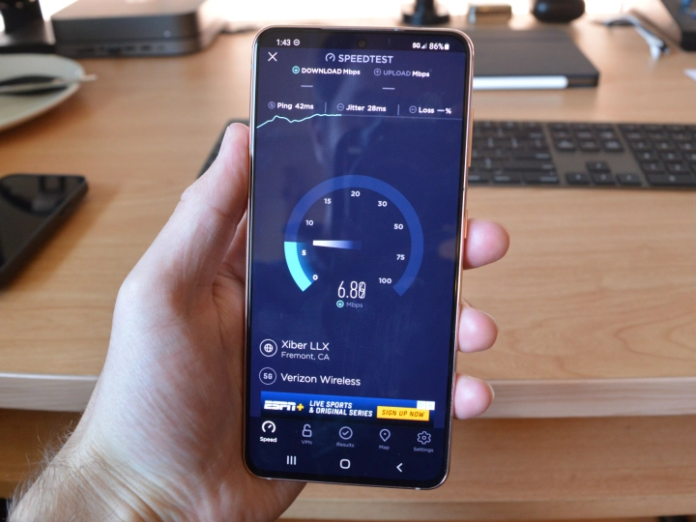The advent of 5G has been one of the most significant technological advancements in the last few years. 5G can potentially transform how we live, work, and communicate. However, one of the most frequently asked questions about 5G is, “How fast can 5G go?” This article will explore the answer to this question and the potential of next-generation wireless networks.
What is 5G?
5G is designed to provide faster and more reliable wireless communication than its predecessors. 5G uses higher radio frequencies than 4G, allowing greater bandwidth and faster data transfer speeds. 5G is also designed to be more energy-efficient than previous wireless technologies.
Speeds of 5G
The speed of 5G varies depending on a few factors, including the frequency band being used and the amount of spectrum available. However, in ideal conditions, 5G can reach upload speeds of up to 10 Gbps. To put this in perspective, you could download a full-length movie in seconds rather than minutes.
Real-world speeds of 5G
While the theoretical maximum speed of 5G is impressive, the actual speed you will experience in the real world depends on several factors. These include the number of people using the network, the distance between you and the 5G cell tower, and any obstructions that may block the signal. In practice, you can expect download speeds of between 100 and 300 megabits per second (Mbps) on 5G networks.
Comparison with 4G
To fully appreciate the potential of 5G, it is essential to compare it to its predecessor, 4G. While 4G can provide download speeds of up to 100 Mbps, the typical download speed is around 30 Mbps. This is much slower than the average speed of 5G, which is expected to be around 150 Mbps. However, this means you can download and upload files much faster on a 5G network than on a 4G network.
Advantages of 5G
The advantages of 5G are numerous. With faster download and upload speeds, you can stream high-quality videos without buffering, download large files quickly, and enjoy immersive virtual reality experiences. The low latency of 5G means you can play online games with minimal lag and communicate in real-time without delay. 5G’s increased capacity means more devices can be connected to the network without slowing down the connection speed.
Conclusion
5G technology, can assist businesses in better utilizing 5G for a quicker and more dependable network to support the devices required for business. Think about your 4G infrastructure now, and get ready for 5G later. It is an investment that fully alters the network rather than merely making it better.
In conclusion, the answer to the question, “How fast can 5G go?” is that it can reach theoretical maximum speeds of up to 20 Gbps for download and 10 Gbps for upload. However, real-world speeds will likely be between 100 and 300 Mbps, much faster than 4G. The advantages of 5G are numerous, including faster download and upload speeds, lower latency, and increased capacity. With these benefits, 5G has the potential to revolutionize the way we live, work, and communicate.











